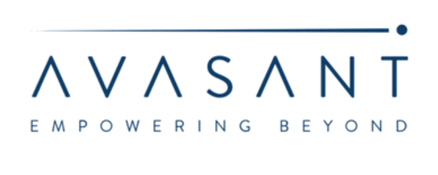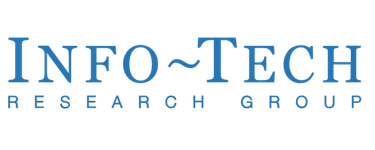1. AI Agents: Innovation Unleashed — But at What Risk?
By Ken D. Kumayama, Pramode Chiruvolu & Daniel Weiss at Reuters
What's New
Companies are accelerating the adoption of AI agents—autonomous generative AI systems that make decisions independently. While these systems promise efficiency and capability, they introduce complex, compounded risks.
Why It Matters
AI agents interact with other systems and access vast amounts of data with minimal oversight. This autonomy magnifies risks, including cybersecurity threats, legal liabilities, and compliance failures.
Key Risks to Watch
- Multiplier Effect: Broader harm from privacy breaches and biased decision-making.
- Unpredictable Behavior: Potential for exploiting loopholes or unauthorized actions.
- Expanded Attack Surfaces: Increased vulnerabilities in IT ecosystems.
Executive Actions to Take Now
- Strengthen governance
- Prioritize risk assessments
- Mandate human oversight
The Bottom Line
AI agents redefine business operations but require vigilant oversight to avoid significant risks.
2. AI Governance: The Silent Dealbreaker in Modern M&A
By Emre Kazim (Co-CEO of Holistic AI) at Banking Risk & Regulation
What's New
64% of CEOs are pursuing AI-driven acquisitions in 2025, but few assess AI governance—a critical driver of valuation and compliance.
Why It Matters
Only 30% of companies evaluate AI governance during due diligence, exposing firms to legal, regulatory, and reputational risks.
Key Risks to Watch
- Incomplete governance assessments.
- Regulatory mismatches across jurisdictions.
Executive Actions to Take Now
- Audit LLMs for bias and drift.
- Map compliance to regulations like the EU AI Act.
- Check data integrity and provenance.
The Bottom Line
In AI M&A, strong governance turns risk into ROI.
3. Anthropic CISO: AI Virtual Employees Could Be a Year Away
By Beatrice Nolan at Fortune
What's New
Anthropic's CISO predicts AI "virtual employees"—agents with roles, credentials, and autonomy—could enter the workforce as early as next year.
Why It Matters
Virtual employees promise productivity gains but also introduce cybersecurity and workforce risks.
Key Risks to Watch
- Secure AI identities: Enhanced security for AI agents.
- Adversarial robustness: Probe models for vulnerabilities.
- Regulatory flashpoints: Increased attention on labor protections.
Executive Actions to Take Now
- Strengthen responsible AI policies.
- Invest in workforce reskilling.
The Bottom Line
AI coworkers are coming fast—organizations must strengthen security and workforce planning now.
4. AI Missteps in the Workplace
By Alexei Alexis at CFO Dive
What's New
A KPMG survey reveals that 57% of employees have made mistakes at work due to AI-related errors.
Why It Matters
Poor governance and understanding of AI tools introduce significant operational risks.
Key Findings
- 44% knowingly misuse AI tools.
- 46% upload sensitive data to public AI platforms.
Executive Actions to Take Now
- Establish AI usage policies.
- Invest in AI literacy and training.
The Bottom Line
Governance gaps expose companies to compliance, security, and operational risks.
5. Johnson & Johnson Refines Its AI Strategy
By Isabelle Bousquette at The Wall Street Journal
What's New
Johnson & Johnson is shifting its AI focus from broad applications to targeted, high-impact use cases.
Why It Matters
Prioritizing AI in drug discovery and supply chain optimization aims to drive efficiency and innovation.
Key Strategic Shifts
- Precision in AI projects with measurable outcomes.
- Ethical considerations for data privacy and bias.
The Bottom Line
J&J’s strategy reflects a broader industry trend toward focused, governance-led AI applications.




